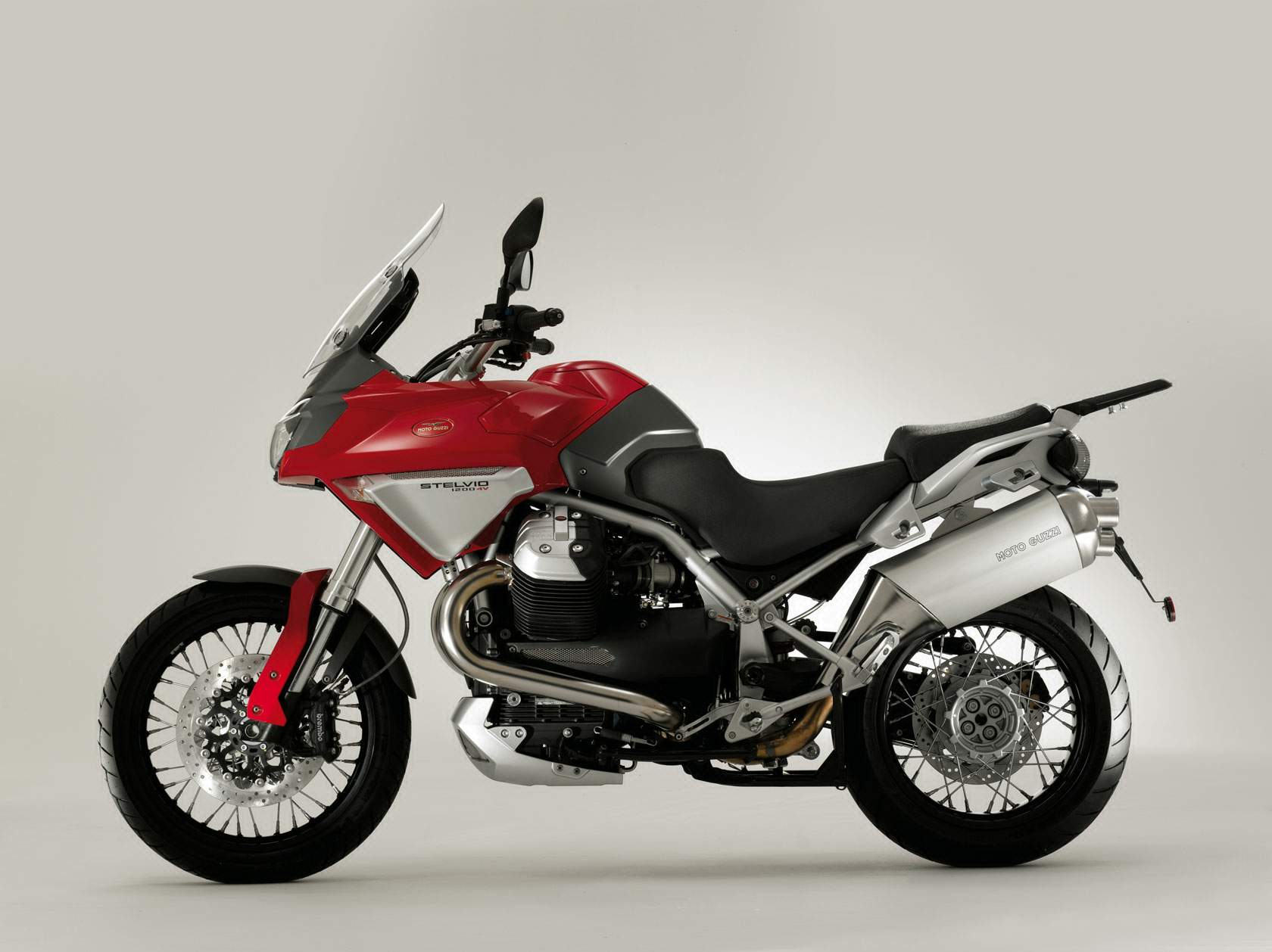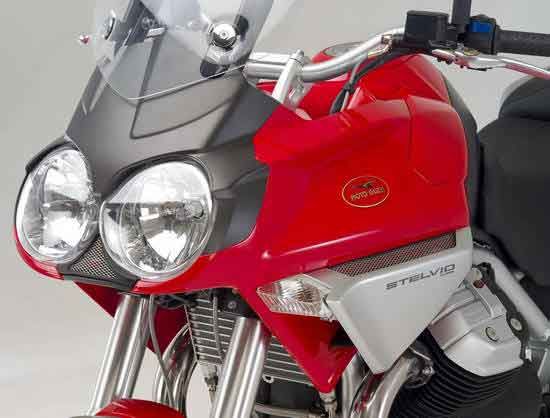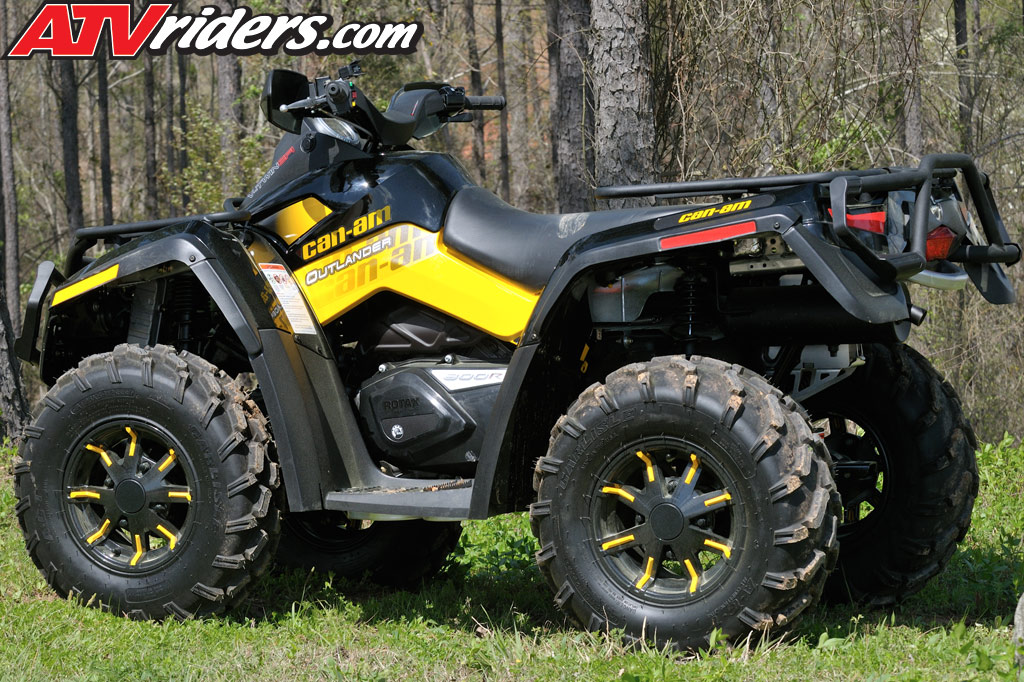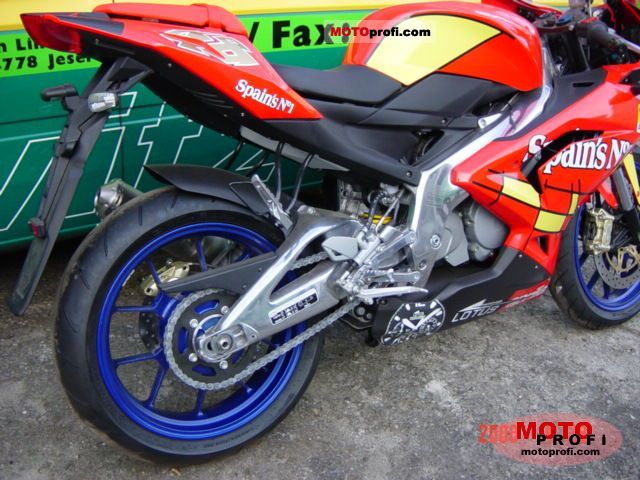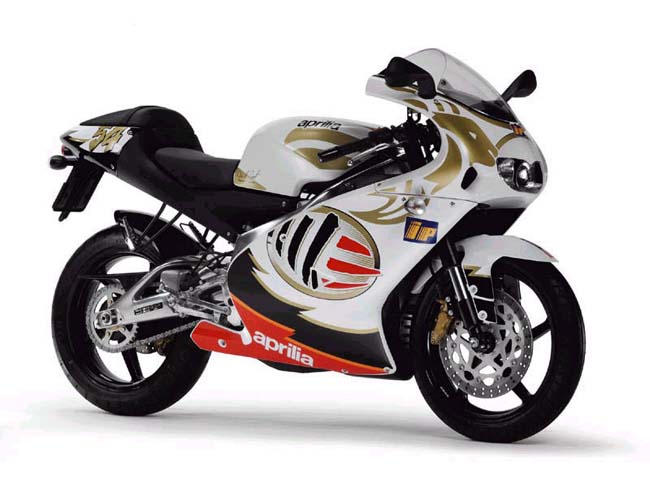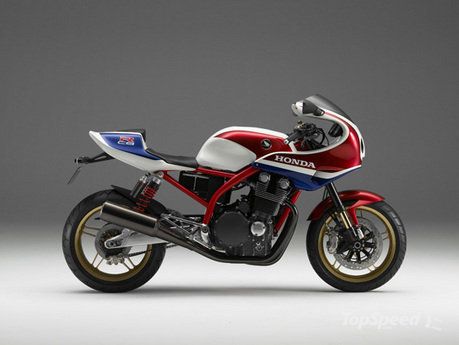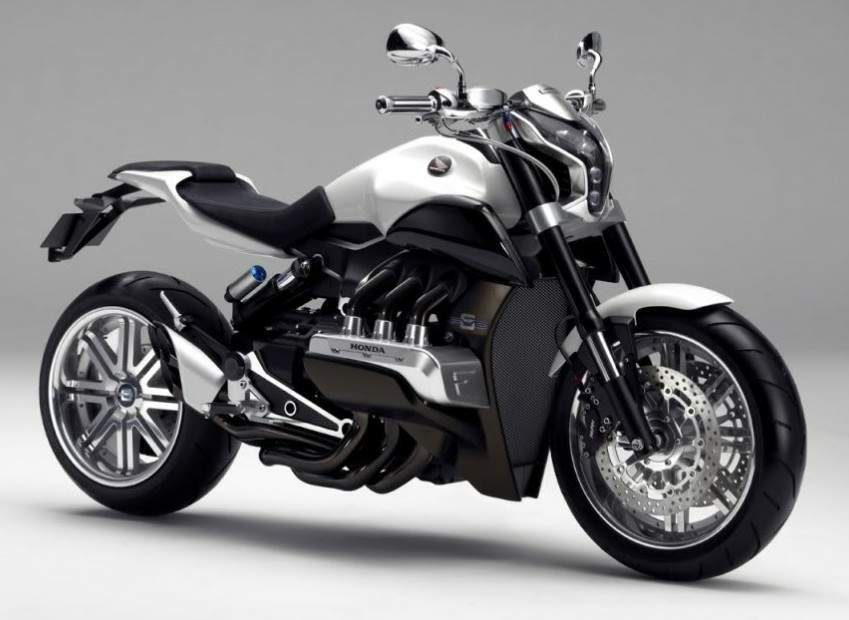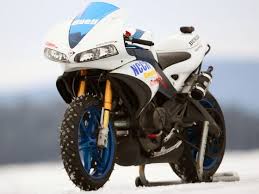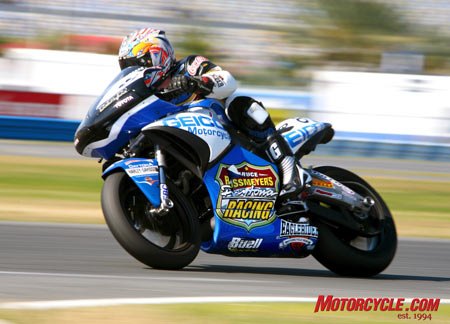 Triumph’s Sprint GT Bikes
Triumph’s Sprint GT Bikes Triumph’s Sprint GT Bikes
Triumph’s Sprint GT Bikes Triumph’s Sprint GT Bikes
Triumph’s Sprint GT Bikes Triumph’s Sprint GT Bikes
Triumph’s Sprint GT Bikes
Triumph’s Sprint GT Bikes
Overview
Triumph has reorganised the Sprint ST to produce a follow-up with a greater emphasis on touring – but without losing the sporting DNA
Triumph’s Sprint GT has been launched to the Australian motorcycle press, and is now on dealer floors across the country for $15,990.
The Sprint name has been synonymous with Triumph since the company rose like a phoenix from the ashes in the early 1990s, starting with a long-stroke 865cc triple.
The next cab off the rank was the 955cc Sprint ST in 1998, which was then updated to 1050cc spec in 2005.
And now, five years later, Triumph has added a new stream, this time by releasing the Sprint GT, which has a greater emphasis on touring but without losing the sporting DNA which has always been such a hallmark of the Sprint badge.
PRICE AND EQUIPMENT
The GT is based on the 1050cc three-cylinder Sprint ST, but Triumph has delivered a number of practical augmentations to make the bike more touring friendly, such as adding 31-litre panniers, underseat storage, a rear rack, ABS as standard, a taller sixth gear, a low-slung side-mounted three-into-one muffler, a longer single-sided swingarm, subtle ergonomic changes, remote preload adjustment, and improved fuel consumption.
Even the centrestand is now easier to use instead of the arm-crunching setup on the ST.
With the chain-driven GT, there’s certainly now a greater emphasis on making pillions feel at home, and the side-mounted muffler is a big part of that, replacing the slow buttock-roasting (sounds like a Masterchef dish…) underseat unit on the ST. That also allows for the increased underseat storage.
Thanks to a number of tweaks, focussing on the camshafts, mapping and exhaust, the GT’s mill is now more formidable than the ST’s – five extra horsepower at the crankshaft (which brings it out to 130hp at 9200rpm), and also five more Newton metres (108Nm at 6300rpm). Maximum torque is now delivered a fairly hefty 1200rpm lower, which should be just the ticket for a machine with a more touring focus.
There’s already about 100Nm available at just 3800rpm, so there’s no fear the GT will go missing in action.
Other changes from the ST include new and sturdier mirror mountings, reflector headlights instead of projector (the woeful lights were the No. 1 complaint on the Sprint ST), lower seat and footpegs for the pillion, and a new rear subframe to handle a bigger payload.
The Nissin brakes are conventional rather than radial-mount, and there’s an analogue speedo and tacho – commonsense has prevailed.
There’s still an aluminium beam perimeter frame and Showa suspension, the seat height is 815mm, and the claimed wet weight is 268kg. Triumph has stuck with an adjustable cable-actuated clutch.
In terms of model positioning, Triumph believes the GT sits in between bikes like the Yamaha FJR1300A and Honda VFR1200F – not quite as touring focussed as the Yamaha, and not far off the Honda in terms of sporting ability.
Colours for the Sprint GT are Pacific Blue or Aluminium Silver.
Accessories include a top box (with 12-volt plug), gel seat, a low seat option (the standard one is 815mm), tank bag, heated grips, colour matched mirrors, a paint protection kit and higher screen.
The ST will remain on sale alongside the GT in Australia for a little while longer, priced at $13,990 and $14,990 (ABS).
ON THE ROAD
The press launch was held through some great roads in northern NSW, peppered with tight turns, punchy straights and glorious sweepers. In that sporting environment, I can honestly say I marked territory with as much confidence and dexterity as I could have achieved on the ST.
Raw numbers probably don’t support that claim, as the GT’s wheelbase is 108mm longer than the ST, and overall the whole shebang is 146mm longer. But on the flipside, the GT’s steering geometry is slightly more aggressive, and it’s now got a lighter rear wheel (reducing unsprung weight), which should make turning in an easier affair.
And, of course, the Sprint GT has more power from the velvety smooth and arresting triple, so punching out of turns in second or third gear guarantees instant satisfaction, and with plenty of ground clearance, too.
The words grunty, manageable and versatile spring to mind. It really does talk the talk, without really losing any of its sporting edge. And the engine has a pleasant note, with gearing that is spot-on – even if you want to tip-toe along at a sedate pace.
Most of the GT’s extra muscle has come from revised cams.
The GT is just so rock solid and stable with its 1565mm wheelbase, and the Showa suspension, which isn’t super hi-tech by any stretch of the imagination, does a pretty darn impressive job.
The front end with its conventional fork feels especially assured, and the rear suspension presents the standard touring conundrum: it’s sprung to handle so many different situations. To that end, it’s probably pointless to say it’s this or that. Instead, decide what you want to do with it and then go from there.
I did, and by the end of the day I was happy with how it was all gelling together.
The ABS-equipped Nissin brakes have really good initial bite, and are hardened enough for 99 per cent of what riders will ask of them. If you want more for long periods of time, perhaps a Speed Triple might be more your caper.
I did try out the ABS (which is non-switchable) on the dirt while doing U-turns for a photo shoot, but that was about the extent of it. Works well, too.
So with ‘sport’ still hardwired into the Sprint DNA, how does the touring wing of the GT stack up?
We already mentioned a host of touring-friendly augmentations early on, but it’s certainly no full biscuit tourer. However, I reckon we’ll be seeing one of those in the not too distant future...
Back to the task at hand. From just a rider’s perspective, there’s plenty of room in the cockpit, and the footpegs are wide and grippy.
The seat is accomodating and comfortable, but not to the extent where a rider can’t hang off the GT a little bit through some twisty blacktop.
The taller sixth gear is a masterstroke, as the bike still bobbles along at 3500rpm in top gear at 100km/h, with 100Nm of torque just 300rpm away. You guessed it: overtaking presents no problems.
The Triumph triples have never been massive gas guzzlers, and the 20-litre tank on the GT will keep it humming for well over 300km.
There’s no seat height adjustment on the GT, which means those who find it a pressing issue will have to delve into the accessories catalogue.
The GT is a selfless and seriously compelling motorcycle, and that’s why with a price tag of $15,990 it will surely have plenty of suitors.
It has strengthened the good name of Sprint, and presents tremendous value for money.
GEAR USED IN TEST
Pants: BMW Comfortshell $805
Jacket: BMW Comfortshell $1180
Helmet: AGV K4 $449 ($339 solid colour)
SPECS: TRIUMPH SPRINT GT
ENGINE
Type: Liquid-cooled, 12-valve, DOHC in-line triple
Capacity: 1050cc
Bore x stroke: 79.0mm x 671.4mm
Compression ratio: 12.0:1
Fuel system: Electronic fuel injection
Emissions: Euro 3
TRANSMISSION
Type: Six-speed
Final drive: Chain
Clutch: Wet
CHASSIS AND RUNNING GEAR
Frame type: Aluminium beam perimeter
Front suspension: Showa 43mm forks with preload adjustment, 127mm travel
Rear suspension: Showa monoshock with rebound and remoter preload adjustment, 152mm travel
Front brakes: Twin 320mm floating discs with Nissin four-piston calipers, ABS
Rear brakes: 255mm disc, with Nissin twin-piston caliper, ABS
Wheels: Cast aluminium, front 3.50 x 17 five-spoke, rear 5.50 x 17 five-spoke
Tyres: Bridgestone BT021, front 120/70-17, rear 180/55-17
DIMENSIONS AND CAPACITIES
Rake: 23.5 degrees
Trail: 84mm
Claimed wet weight: 268kg
Seat height: 815mm
Wheelbase: 1565mm
Ground clearance: Not given
Fuel capacity: 20lt
PERFORMANCE
Claimed maximum power: 130hp at 9200rpm
Claimed maximum torque: 108Nm at 6300rpm
OTHER STUFF
Price: $15,990 (plus on-road costs)
Colours: Pacific Blue or Aluminium Silver
Bike supplied by: Triumph Australia (www.triumphmotorcycles.com.au)
Warranty: 24 months, unlimited kilometres


